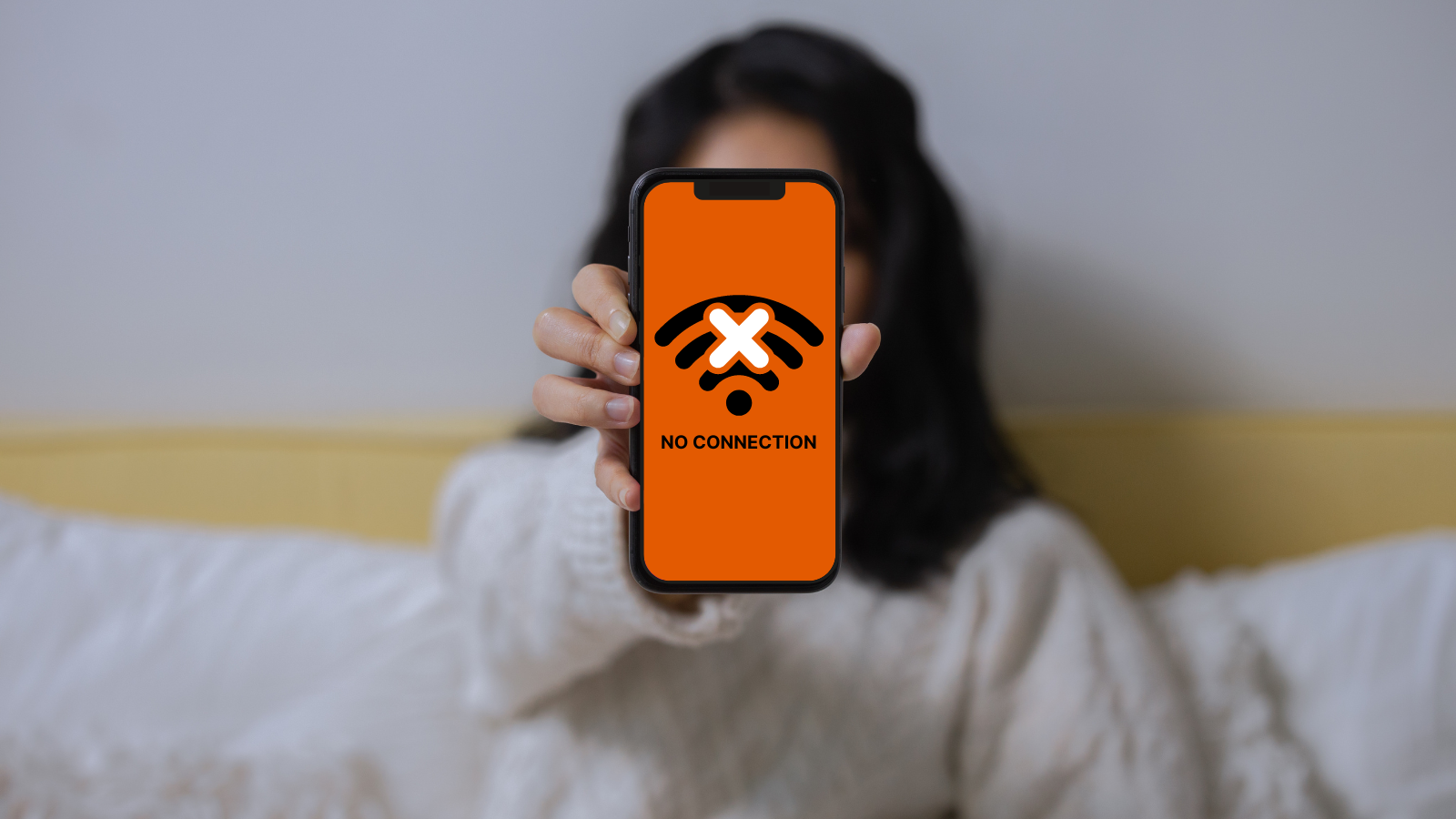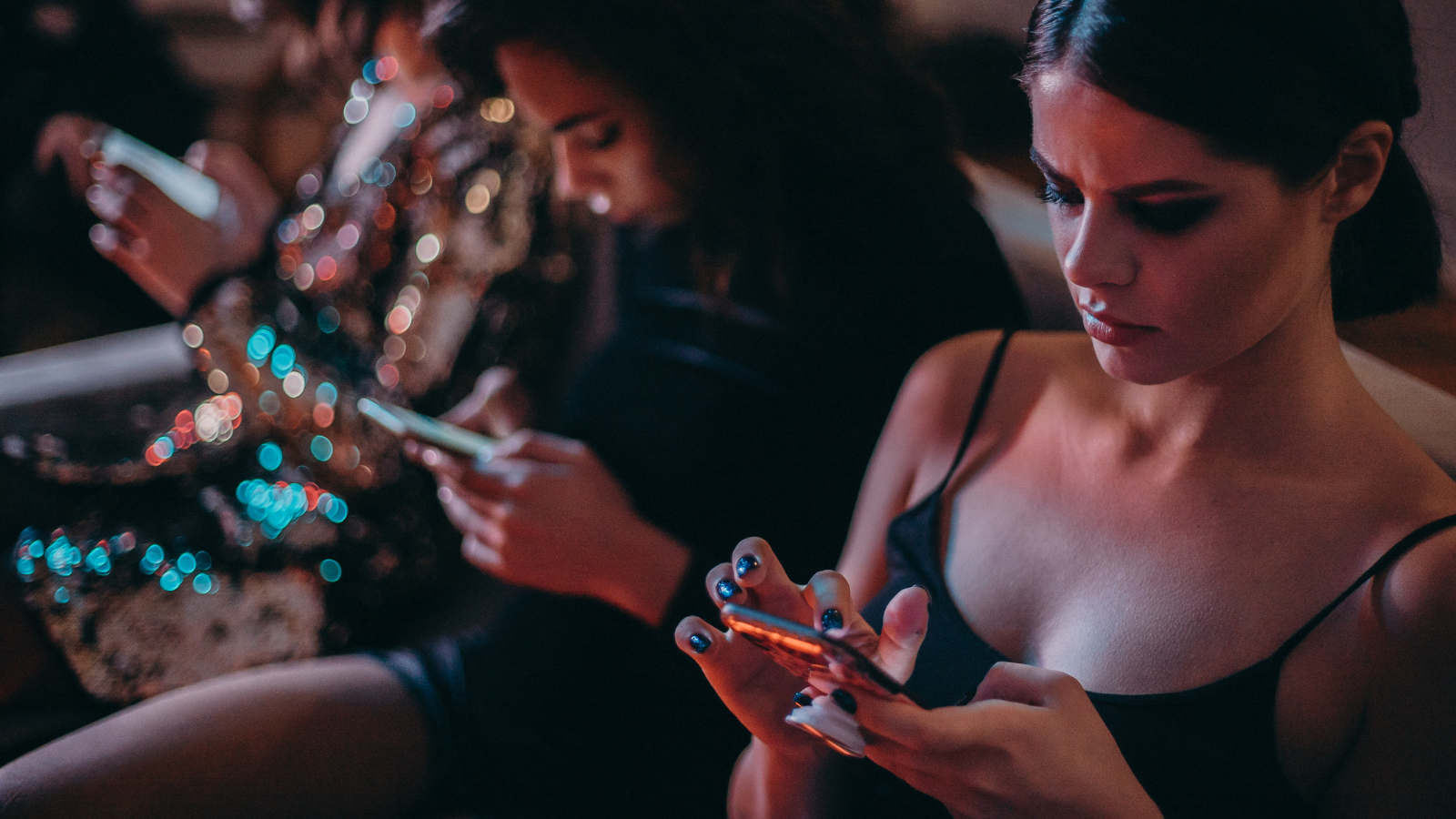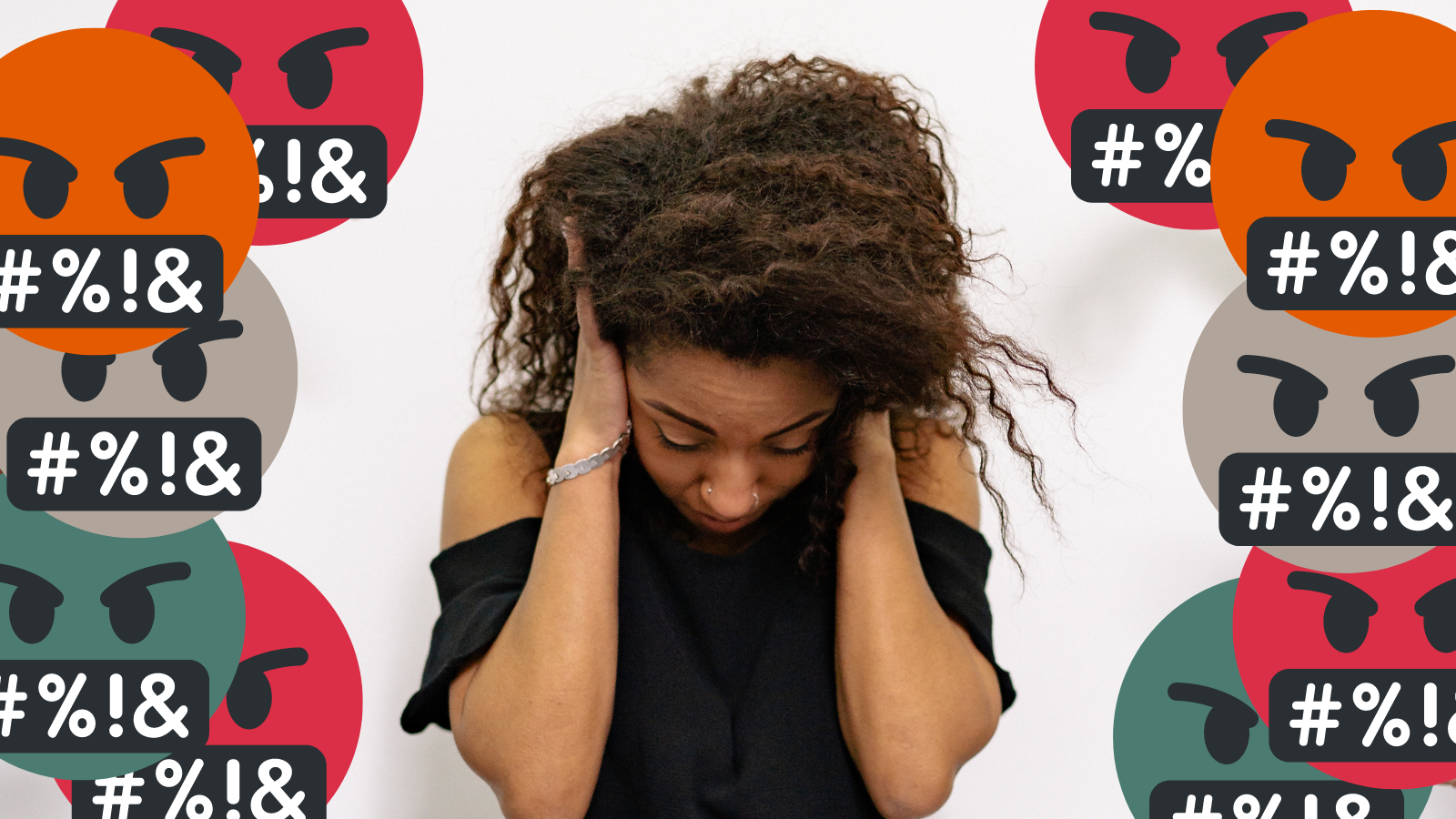For being a fierce advocate of sexual and reproductive health and rights for women, Dr. Phumzile Mlambo-Ngcuka, South Africa’s former deputy president, became a target of online attacks.
“The attackers claimed I could not be trusted to work with young people,” said Mlambo-Ngcuka, who has also been impersonated on social media platforms, emblematic of the problems women of influence like her have suffered on the internet.
Gendered disinformation has attempted to discredit outspoken women, using a formula of misogynistic and overtly sexual attacks, with a dose of gaslighting, all with the aim to silence her.
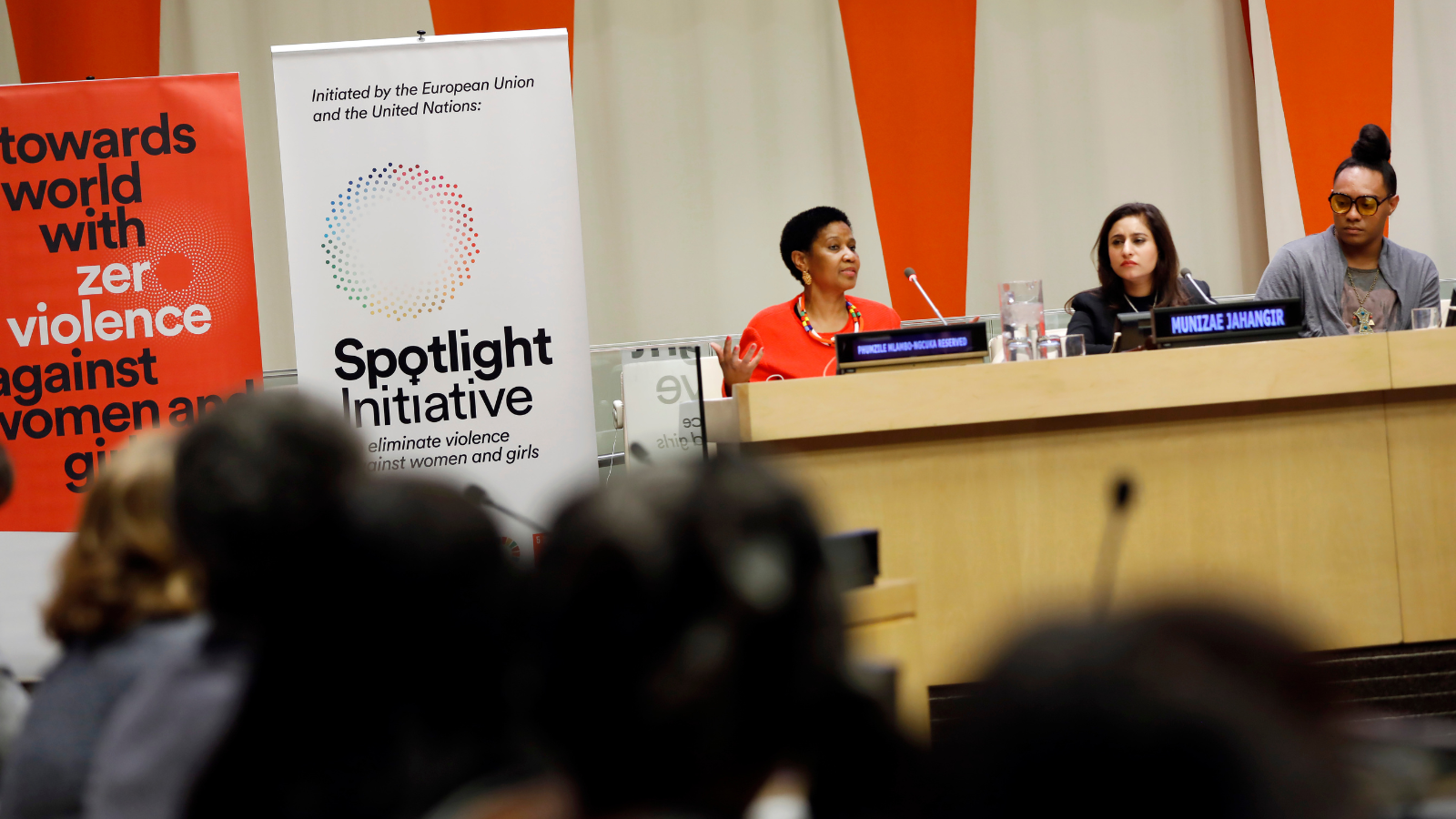
Not only are women and girls beginning to censor themselves for fear of being battered online, as women of influence are, the digital space also has a design of restricting women from accessing the information they need to push for their causes.
“Women and girls often encounter barriers linked to the type of information being sought, such as information on their sexual and reproductive health and rights, based on their profession, or for political reasons. They may face reprisals for how they use the information,” said Melissa Upreti of the United Nations working group on discrimination against women and girls during a side event of the recently concluded 67th session of the Commission on the Status of Women (CSW67).
The way forward is not more tech, but better tech, and they start with decentralizing and decolonizing the internet.
Tech won’t save us
What the coronavirus pandemic has taught us, according to Onica N. Makwakwa, executive director for policy and programs of the Global Digital Inclusion Partnership (GDIP), was to be wary of “tech solutionism” or the tendency to believe that technology will solve all of our problems.
Because even as digital technologies helped humanity’s deal with the impact of lockdowns, it also exacerbated deep-seated inequalities like domestic violence against women, and the opportunity gap that widened between male and female entrepreneurs.
Makwakwa said that there is increasing support to have a feminist declaration that aims to decentralize the internet or to move away from the interest of big corporations. In many ways, decentralizing is decolonizing.
“We are still very much innovating from the western gaze, it’s about wanting to be the next Uber, next Amazon, and I think what needs to happen is we need to begin looking at our own realities in the global majority spaces and innovate around solving our own realities, not this super overimposed innovation that is all about apps, all about solutions that may or may not fit our realities,” said Makwakwa.
It’s the same for financing women in tech. Projects need to be hyper-localized so they fit the realities of the women beneficiaries, “because they are in that space where they are solving problems that are in their own local spaces and not because somebody who’s sitting with money in Silicon Valley wants more people to do a hackathon,” said Makwakwa.
Force to enforce
Renata Avila, CEO of Open Knowledge Foundation, believes that the internet must be regulated “because the current lack of limits results in exploitation, in exclusion, and in limiting the possibilities that you can exercise with technology.”
UNESCO recently published a guideline in ethics in artificial intelligence (AI). It devoted an entire chapter on gender which says member states “should ensure that the human rights and fundamental freedoms of girls and women, and their safety and integrity are not violated at any stage of the AI system life cycle.”
International mechanisms like this have always been criticized for its fundamental flaw: its lack of enforcement.
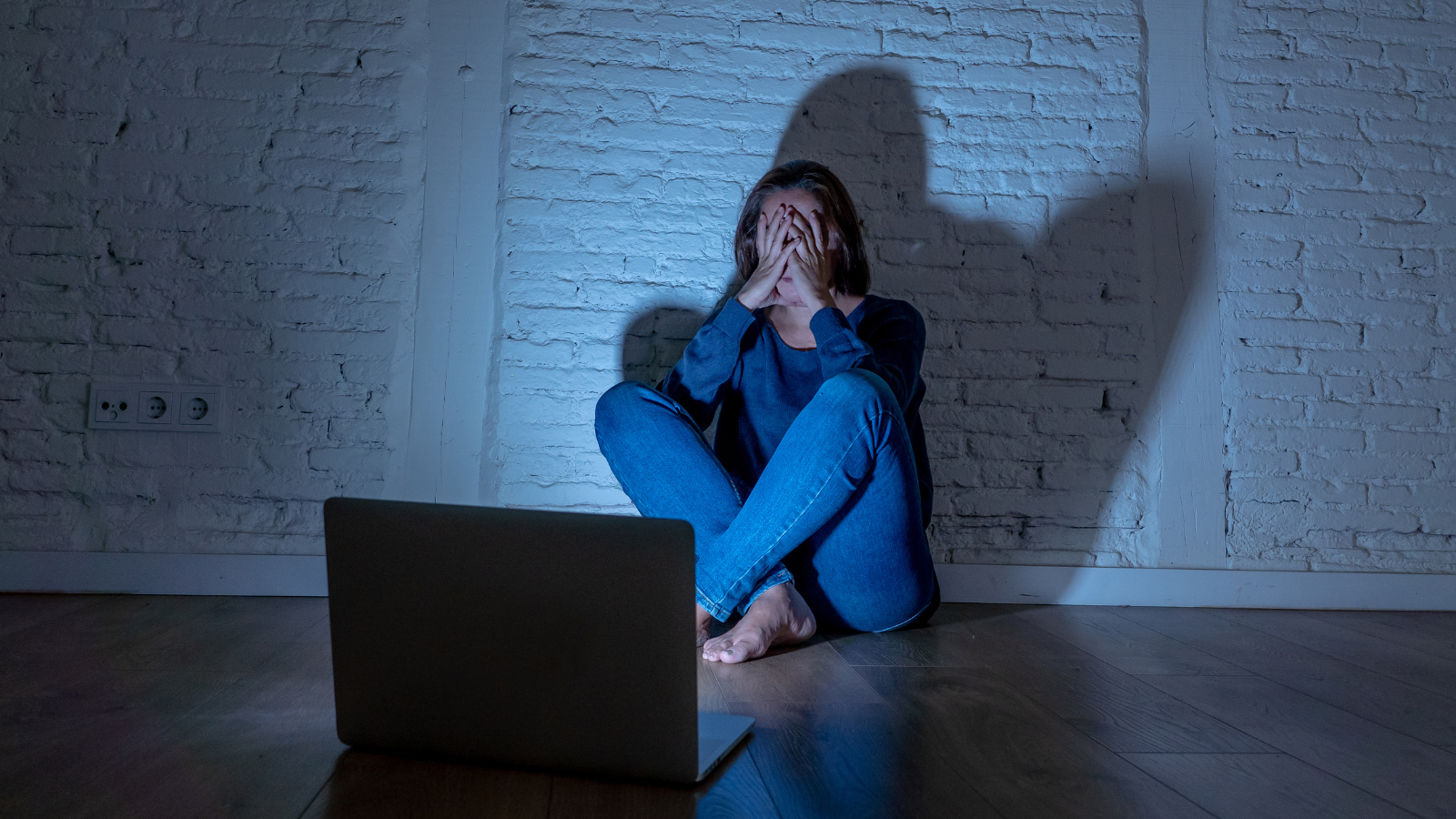
As Makwakwa noted, “we’re still talking about equal pay, yet 20 years ago this same meeting had a declaration on pay equity and many countries adopted that policy and yet no one is implementing it.” (Women still earn 20% less than men, according to 2022 figures).
“It’s tricky because the main regulators have been penetrated very profoundly by lobby groups… I think that our chance is really in public law, national public law…and try to do a combination of regulation, policies, and litigation to actually get back the power,” said Avila, an international human rights lawyer specializing in digital rights.
For example, a content moderator in Kenya sued Facebook (Meta) and its local subcontractor in a national court there, alleging that the tech companies did not give him proper support in moderating traumatizing content, and for unfairly dismissing him after trying to unionize his co-workers. A local judge had ruled that Meta was a “proper party” in the local case.
“One of the things I like about law is that the law of precedence seems to go beyond borders… It’s a collection of those happening on a national level that would begin to cascade and shift things internationally as well, as they say: think globally, act locally,” said Makwakwa.
The keyboard warrior must continue
The movement to either create jurisprudence, or pressure governments to legislate new laws (or repeal old ones, for example, Section 230 of the United States Communications Decency Act that gives social media platforms an extent of protection from legal liability from harmful content) depends on sustained advocacies.
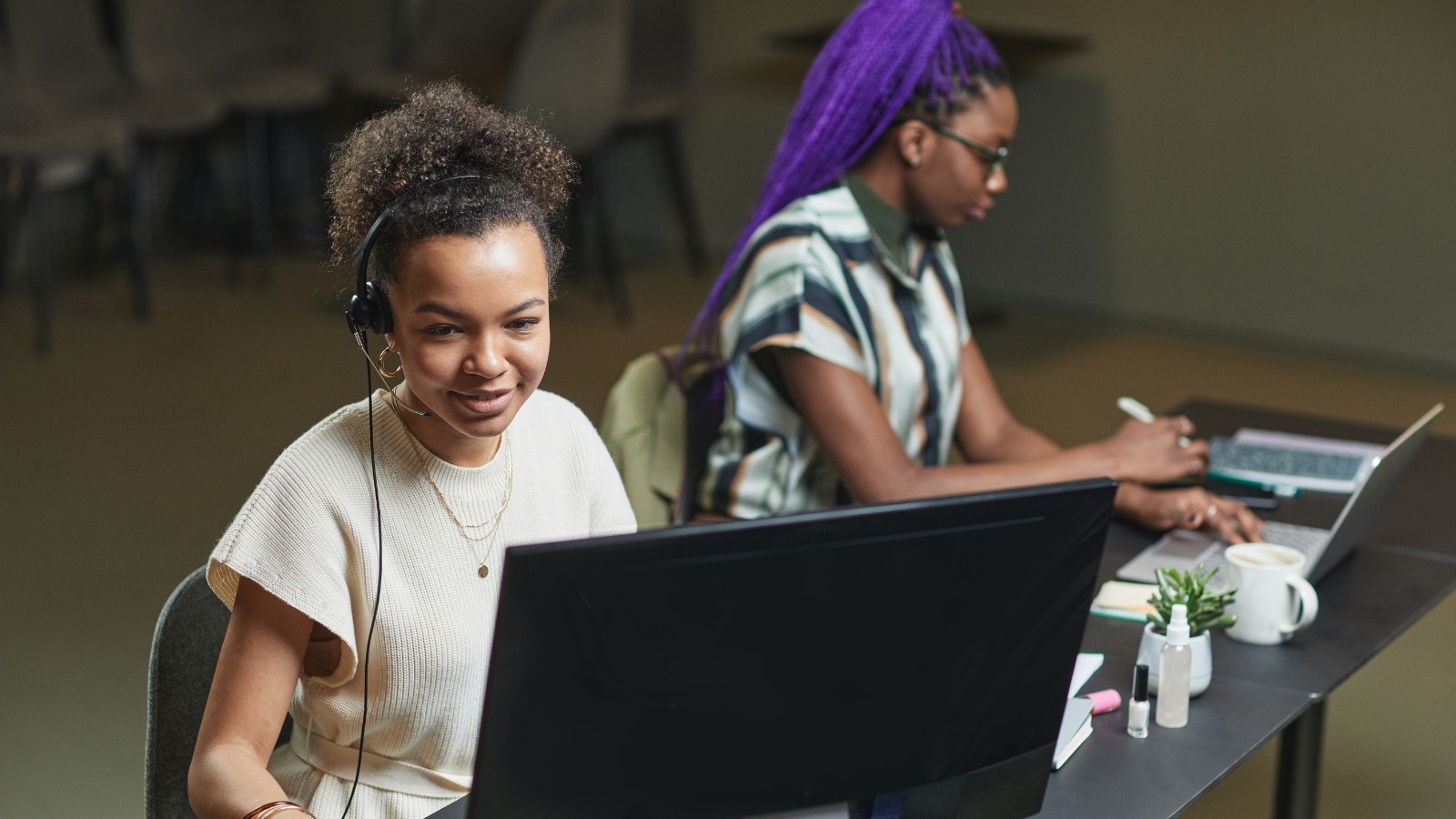
In the world of activism, there is a stigma on the term “keyboard warrior” or the criticism against a person who speaks out online. This is still gendered disinformation, said Makwakwa, as “no one is calling Elon Musk a keyboard warrior.”
The keyboard warrior, the woman, is “absolutely complimentary” to street activism, said Avila, because “it helps build momentum, helps create international awareness, it really assists, it can be used in parallel, it is equally important, and it is equally risky.”
“You can see so many people in prison because of their keyboard activism, and if the government is locking them up, it’s because the government is afraid of their success; it means that they are doing a good job,” said Avila.
It is a problem that requires online and offline solutions, and one that is against all odds: big money and the inherent power imbalance of the world that has been hostile to women.
And in this fight, “it’s important that no woman fights alone,” said Mlambo-Ngcuka.
This story was produced in partnership with Rappler.com.
About GDIP
The Global Digital Inclusion Partnership is a coalition of public, private, and civil society organizations working to bring internet connectivity to the global majority and ensure everyone is meaningfully connected by 2030. GDIP advances digital opportunities to empower and support people’s lives and agency, leading to inclusive digital societies.
